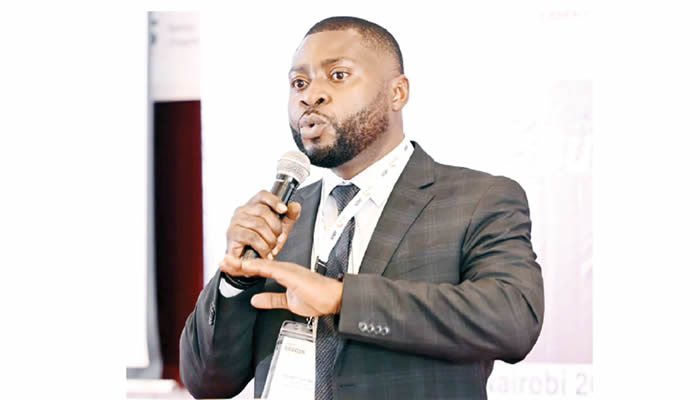US-Based Security Expert Bets on Private Security Transformation in Nigeria

As Nigeria grapples with rising insecurity, a growing number of private sector players are stepping in to fill the gap left by overstretched public forces. One of them is Ifeanyi Obinali, a security expert with roots in Nigeria and a track record in the United States.
He’s now leveraging his experience abroad to reposition Nigeria’s private security industry.
Obinali, founder of LEAD Security Group in New York and CEO of LISS LEAD Integrated Security Solutions in Lagos, says his move back home was driven by a deep personal conviction.
“From day one, I knew I’d return to contribute to Nigeria’s safety,” he said.
But running a security outfit in Nigeria is not without hurdles. Unstable electricity supply, bureaucratic red tape, and lack of access to accurate information have driven up operational costs and complicated daily business.
Despite this, Obinali remains optimistic, heavily investing in solar alternatives and advanced security tech like AI-powered CCTV systems, panic buttons, and geofencing alarms.
His long-term vision? To create a fully integrated security hub that combines traditional guarding methods with cutting-edge solutions tailored for local threats such as banditry and cybercrime.
“Technology is not a replacement for traditional security it’s a reinforcement,” he explained.
In his view, private security is more than just a commercial venture; it’s a critical pillar of national development. Not only does the industry employ thousands, but it also supports law enforcement through intelligence-sharing and fills gaps in underserved areas.
Still, challenges remain. Obinali calls for urgent reform of Nigeria’s outdated Private Guard Companies Act of 1986, streamlined licensing protocols, and stricter compliance enforcement.
“Most security officers in Nigeria today lack proper training. We need national standards,” he emphasized.
He also urges the government to improve infrastructure especially power and create a more transparent regulatory climate to help private outfits thrive.
Looking forward, Obinali believes that collaboration between private firms and law enforcement will shape the next era of security. His company already maintains direct ties with local police stations and hosts quarterly strategy sessions with stakeholders to align goals.
For Obinali, success is not just about profit. It’s about professionalism, ethical practice, and building a workforce ready to tackle modern security challenges. “We invest heavily in training, both at deployment and quarterly thereafter. You can’t be static in a dynamic threat environment,” he concluded.
As insecurity evolves, private security firms like LISS may be Nigeria’s most adaptive line of defense if given the right tools and space to operate.









